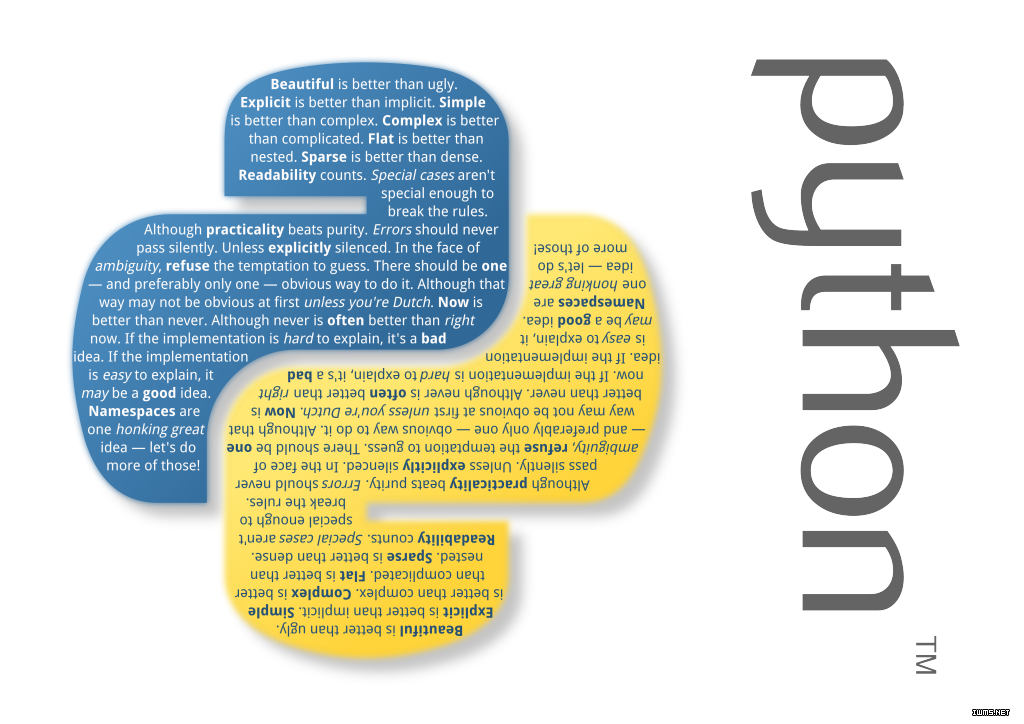
In the previous chapter, we learned some basic methods of Python multi-process programming: using the Process, Pool, Queue, Lock, Pipe and other classes provided by the cross-platform multi-process module multiprocessing to implement sub-process creation, process pool (batch) Create child processes and manage the maximum number of child processes) and inter-process communication. In this chapter, you will learn about multi-threaded programming methods in Python. 1. Threading A thread is the smallest unit for the operating system to perform tasks. The threading module is provided in the Python standard library, which provides very convenient support for multi-threaded programming. The following is the code to implement multi-threading using threading: 1 #!/usr/bin/python 2 # -*- coding: utf-8 -* 3 author = 'zni.feng' 4 import
1. Multi-process and multi-thread examples in Python (2) Programming methods

Introduction: In the previous chapter, we learned some basic methods of Python multi-process programming: using the Process, Pool, Queue, Lock, Pipe and other classes provided by the cross-platform multi-process module multiprocessing to implement sub-process creation and process pool (create sub-processes in batches) and manages the upper limit on the number of child processes) and inter-process communication. In this chapter, you will learn about multi-threaded programming methods in Python.
2. Detailed introduction to the multi-process module Cluster in Node.js and how to use it

Introduction: As we all know, Node.js is single-threaded, and a single Node.js process cannot fully utilize multiple cores. Starting from v0.6.0, Node.js has added a new cluster module, which makes it easy to make full use of multi-core machines when developing web services with Node.js. This article mainly introduces you to the relevant information about the multi-process module Cluster in Node.js. Friends in need can refer to
3. mutilprocessing Processing father and son in Python Notes on process shared file objects

Introduction: multiprocessing python multi-process module, therefore, Processing is also a multi-process darling. But the issue discussed today seems to attract our attention and go directly to the code: {code...} The purpose of the above code is very clear: to derive a process through multiprocessing.Process, ...
The above is the detailed content of Summary of multi-process module examples. For more information, please follow other related articles on the PHP Chinese website!




